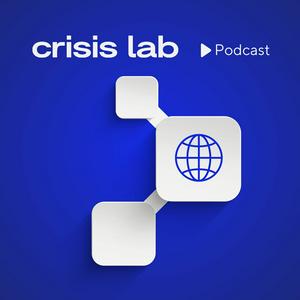In the Season 5 premiere, host Kyle King asks one question: what should we have been paying attention to? A blackout in Berlin, a fatal train collision in Spain, and the systematic destruction of Ukraine's power grid all point to the same pattern. The signal wasn't in the incidents. It was in the structural failures that preceded them.
After a year of diagnosing what's broken, Kyle argues 2026 has to be about discernment. The profession isn't short on information. It's drowning in it. This episode separates signal from noise: single points of failure, unheard warnings, and survival duration metrics are signal. Threat briefings without operational implications and recycled frameworks are noise dressed as vigilance.
This isn't a call for more awareness. It's a call for the discipline to focus on what counts.
Show Highlights
[00:00] Three countries, three causes, one question
[01:00] Berlin's blackout: arson at a single junction point
[01:30] Spain's train collision: warnings raised months before
[02:00] Ukraine's grid at a third of peacetime capacity
[03:30] What Crisis Lab diagnosed in 2025
[04:45] The structural pattern behind all three incidents
[07:00] From diagnosis to discernment: what 2026 demands
[07:45] Finding single points of failure before adversaries do
[08:15] Signal vs. noise: what actually changes Monday morning?
[09:15] Survival duration: the metric that matters most
[10:00] Building discernment through deliberate community
[10:45] Why Crisis Lab built The Forum
Go Deeper: Crisis Lab Toolkits
Listening is one thing. Applying it is another. Every Crisis Lab article comes with a companion toolkit: frameworks, checklists, and operational tools built for practitioners who need to act, not just stay informed.
Free for all Crisis Lab subscribers.
👉 news.crisislab.io/toolkits


